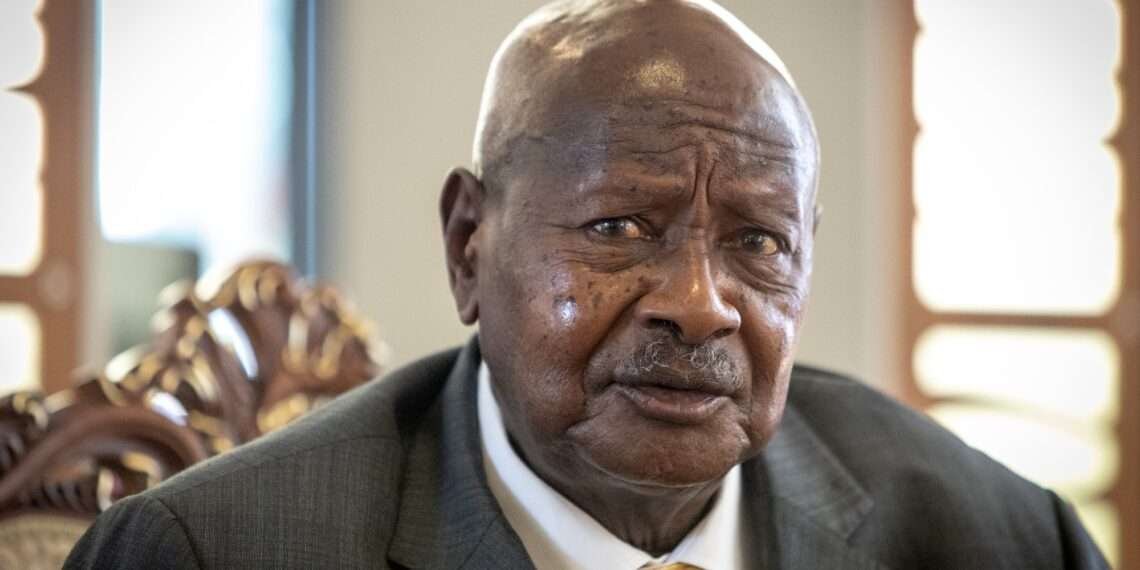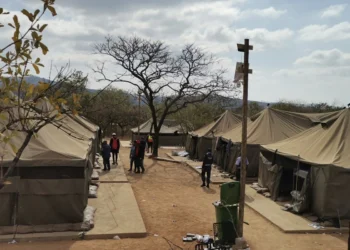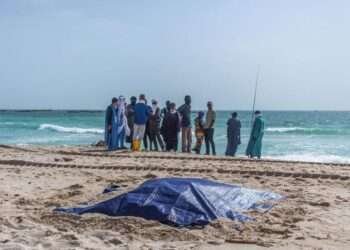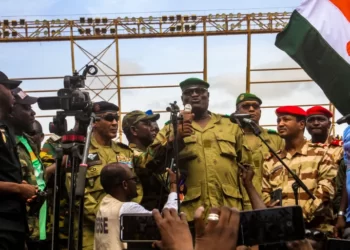Dictators are not new to Ugandans since the country gained independence. The likes of Idi Amin, Milton Obote, and now President Yoweri Museveni have left scars that will take decades to heal.
Back in 1980, Museveni contested the presidential election results, citing a lack of fairness, yet instead of pursuing legal channels, he opted for armed rebellion, resulting in a five-year conflict claiming nearly 800,000 lives.
His ascent to power wasn’t through democratic means but rather through violence. However, he shows no remorse for these actions, a hallmark of dictatorial behavior.
Presently, Uganda holds what are essentially symbolic elections, with Museveni wielding significant influence over the supposedly independent electoral commission, which he has manipulated for his benefit multiple times. How does Museveni deal with dissent?
Critics face persecution—many killed, arrested, or economically ruined—simply for opposing his rule. Uganda’s infamous ‘safe houses’ are used to torture political opponents.
Additionally, Museveni has repeatedly amended the constitution to extend his tenure, even resorting to deploying the military to suppress opposition within parliament.
Ahead of the 2021 general election, political protests and violence erupted following the arrest of opposition leader Bobi Wine. The violence that followed resulted in arbitrary arrests, deaths, imprisonments, and allegations of torture.
“The unlawful killings, beatings, abductions, arbitrary detentions and other human right violations by the Ugandan security forces before, during and after the elections must not be swept under the carpet,” said Deprose Muchena, Amnesty International’s Regional Director for East and Southern Africa.
Aside from all these issues, it seems Ugandans would have to brace for the worst.
Uganda’s President Museveni appointed his son as top military commander, a controversial move in a country where many have long believed the President is grooming his eldest child for the presidency.
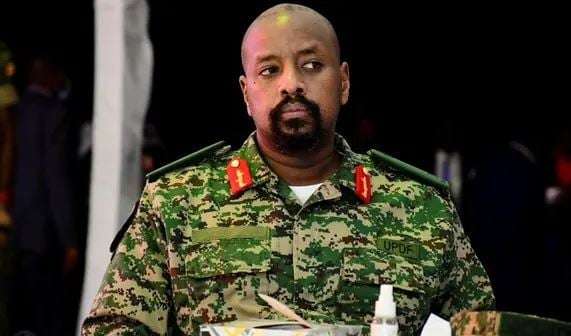
Museveni’s son, Gen. Muhoozi Kainerugaba, has recently been holding rallies around the country, in violation of a law barring serving army officers from engaging in partisan politics.
But Kainerugaba says his activities — including the recent launch of an activist group known as the Patriotic League of Uganda — are nonpartisan and aimed at encouraging patriotism among Ugandans.
Uganda’s Political Future: Key Players and Succession
Museveni, who initially seized power through force in 1986 and has since won six elections, has not indicated when he plans to retire.
With no contenders emerging within the ruling National Resistance Movement party, many speculate that the military will play a significant role in determining his successor.
Observers note that Kainerugaba’s supporters hold key command positions throughout the security services, strategically positioning him for potential succession. Uganda’s next presidential election will be held in 2026.
Supporters of Kainerugaba argue that he presents Uganda with the chance for a peaceful transfer of power, a prospect that has eluded the country since gaining independence from British colonial rule in 1962.
However, opposition figures, critics, and those advocating for change express concern that his ascent signals a move toward hereditary rule in the East African nation.
Kainerugaba enlisted in the army during the late 1990s, and his rapid advancement to the pinnacle of the armed forces has been met with controversy. Detractors label this progression the “Muhoozi Project,” suggesting it’s a grooming process for the presidency.
Despite Museveni and Kainerugaba consistently refuting claims of such a plan, indications suggest a transition is underway.
With Museveni, aged 79, possibly entering his final term without a clear successor within the civilian government, the situation underscores the likelihood of a shift in power dynamics.
Kainerugaba’s latest role has been as a senior presidential advisor overseeing special operations, following his removal as infantry commander by his father in 2022. This decision came after Kainerugaba posted a series of controversial tweets, including one where he threatened to seize the capital of neighboring Kenya without provocation. Prior to this, he held the position of commander for an elite special forces unit tasked with protecting the first family.
READ ALSO: Gold Price Breaks $2,200 For First Time

